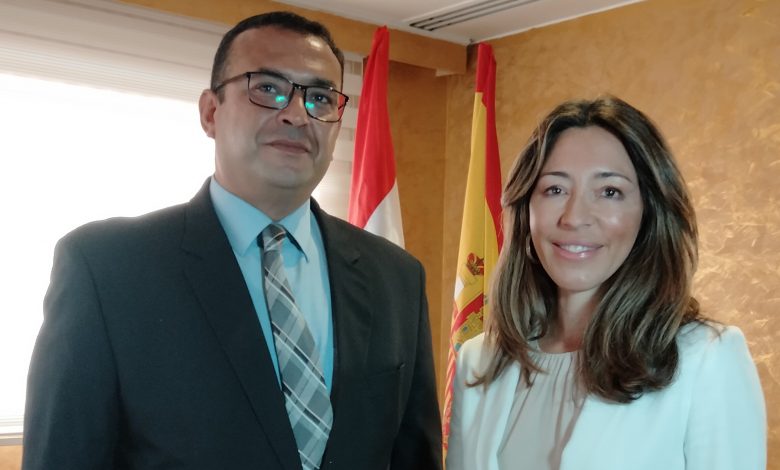Diplomatic Strategies in an Uncertain World

By: Mohamed Salah
Chief producer, Diplomat.Today
In today’s rapidly evolving global landscape, diplomacy remains a cornerstone for navigating the complexities of international relations. As the world grapples with challenges ranging from economic instability to geopolitical tensions and transnational threats like climate change and pandemics, the role of diplomats becomes increasingly crucial. However, in an uncertain world marked by shifting power dynamics and emerging technologies, traditional diplomatic strategies must adapt to effectively address contemporary issues.
One of the key challenges facing diplomats is the rise of nationalism and populism in many parts of the world. These ideologies often prioritize narrow national interests over multilateral cooperation, posing a significant obstacle to diplomatic efforts aimed at fostering collaboration and resolving global challenges. In such a climate, diplomats must employ tactful negotiation and persuasion techniques to bridge ideological divides and build consensus among nations.
Moreover, the digital age has transformed the landscape of diplomacy, offering both opportunities and challenges. Social media platforms provide diplomats with unprecedented access to global audiences, enabling them to engage directly with citizens and shape public opinion. However, the proliferation of disinformation and cyberattacks also poses risks to diplomatic communication channels, requiring diplomats to employ robust cybersecurity measures and strategic messaging to safeguard their interests.
Furthermore, the traditional distinction between state and non-state actors in diplomacy is blurring, with non-governmental organizations, multinational corporations, and grassroots movements playing increasingly influential roles on the global stage. Diplomats must adapt to this shifting landscape by engaging with a diverse array of stakeholders and leveraging their networks to advance diplomatic objectives effectively.
In light of these challenges, innovative diplomatic approaches are needed to address complex global issues. Multilateralism remains a cornerstone of effective diplomacy, offering a platform for cooperation and collective action among nations. Initiatives such as diplomatic summits, peacekeeping missions, and international treaties play a vital role in fostering dialogue and resolving conflicts.
Additionally, diplomats must prioritize diplomacy in emerging domains such as cyberspace, outer space, and the Arctic, where traditional diplomatic norms may not fully apply. Collaborative efforts to establish norms and regulations in these areas are essential to prevent the escalation of tensions and ensure peaceful cooperation among nations.
In conclusion, diplomacy continues to be indispensable in navigating the complexities of an uncertain world. By embracing innovative strategies, engaging with diverse stakeholders, and upholding principles of multilateralism and cooperation, diplomats can effectively address global challenges and pave the way for a more peaceful and prosperous future. As we confront the uncertainties of the 21st century, the role of diplomacy in shaping international relations has never been more critical.

